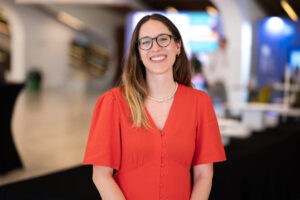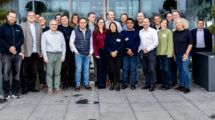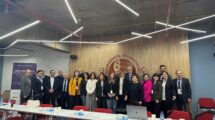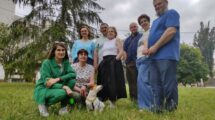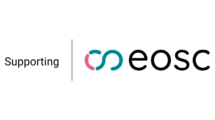The event, which celebrated Einstein’s life, music and science in a unique and unconventional event, took place on 19 October 2022 at the Globe of Science and Innovation.

In December 1921, Albert Einstein was awarded a Nobel Prize in honour of his contributions to theoretical physics and his discovery of the law of the photoelectric effect. He received it in 1922. A hundred years on, Einstein is considered as the father of modern physics, but he was also an accomplished violinist who loved music.
At the time Einstein received the Nobel Prize, a Russian engineer, Lev Termen, was laying the foundations of modern electronic music with his invention, the theremin. Curious to find out more about this instrument, Einstein attended various concerts and even tried to play it.
“If I were not a physicist, I would probably be a musician. I often think in music. I live my daydreams in music. I see my life in terms of music… I get most joy in life out of music.” – Albert Einstein
To celebrate the anniversary of Albert Einstein’s Nobel Prize, CERN, in collaboration with the Swedish Embassy in Switzerland, hosted an unconventional music concert at the Globe of Science and Innovation on Wednesday 19 October 2022. During the event, a Swiss artist (Roland Bucher) featuring a noise table, and a Swedish artist (Henrik Rylander), featuring a theremin, entered in musical conversations with CERN scientists and musicians Paula Collins, Angela Ricci, Anne Marie Magnan, Patrick Robbe and Chiara Mariotti.

Music performances were preceded by lectures on Einstein by Professor Brian Foster (Oxford University) and on the sonification of LHC data by Professor Domenico Vicinanza (Senior Research Engagement Officer, GÉANT and Anglia Ruskin University). The music that Domenico created used advanced techniques to filter and extract patterns and structures (singular spectrum decomposition) and map them to music elements like pitch and rhythm, creating the melodies that he then orchestrated. The analysis has been carried out using custom software using R-studio on the EGI infrastructure.
Listen to a clip from the sonification of LHC data!

